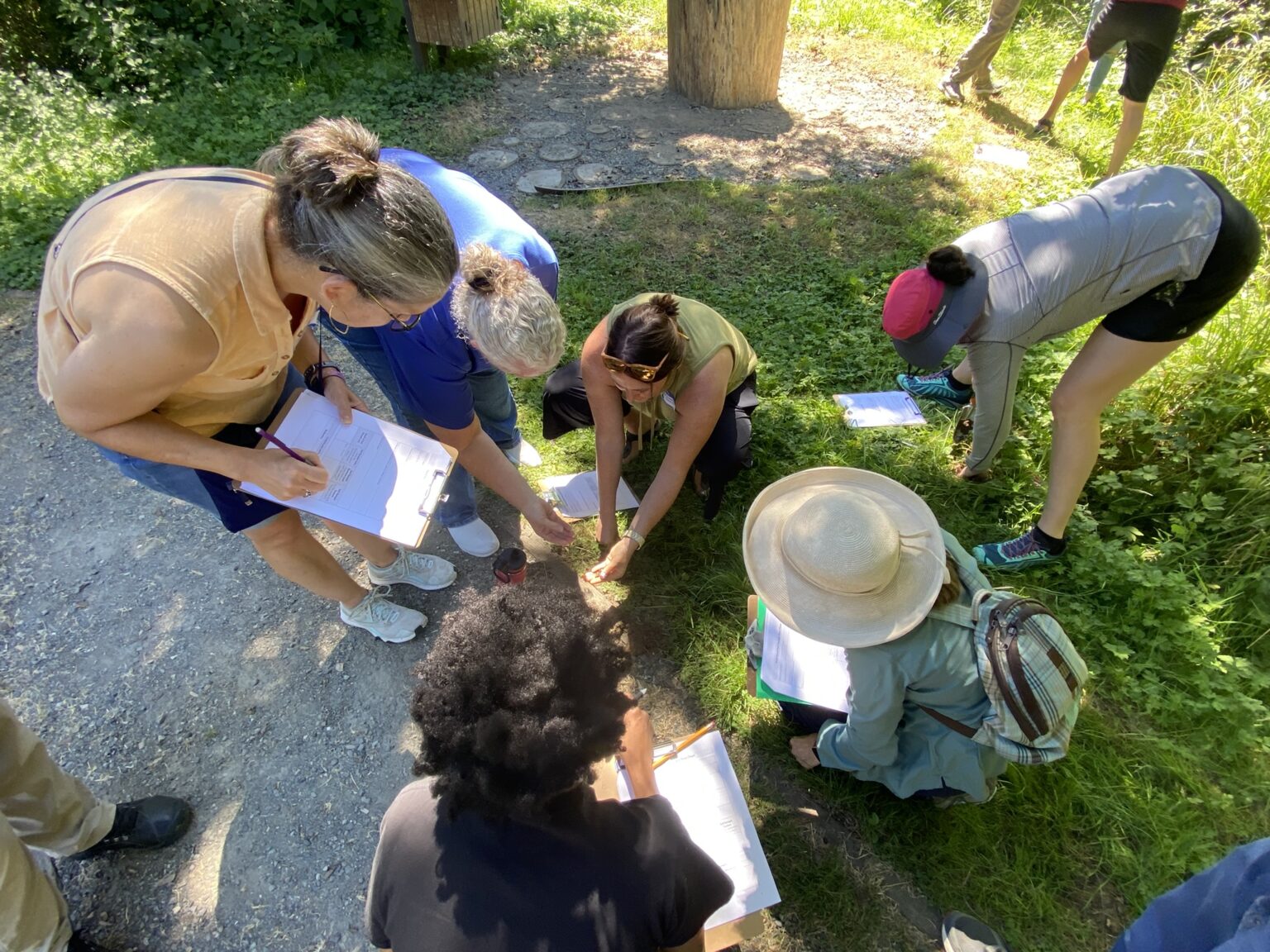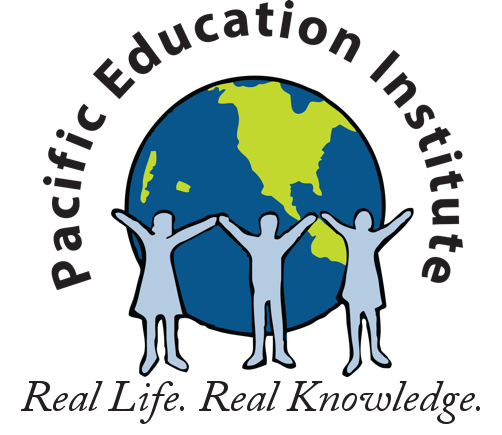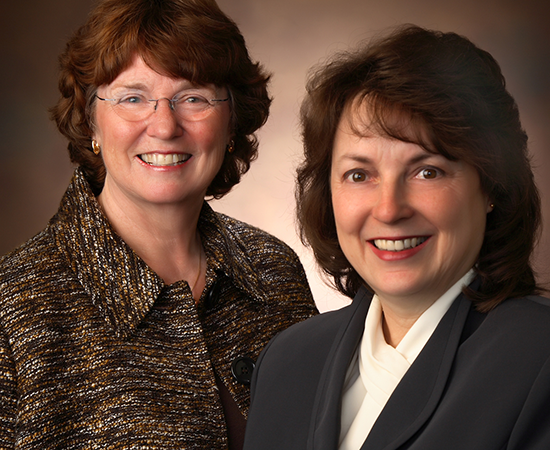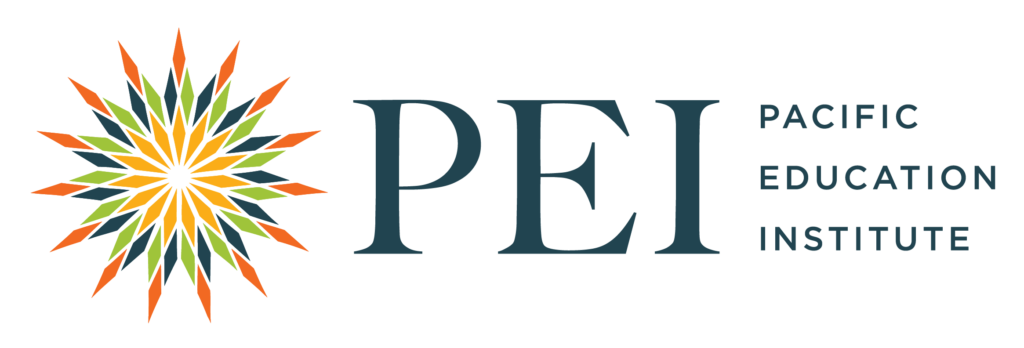Prior to PEI’s formal organization, the founding PEI partners were recognized by the American Forest Foundation’s National Project Learning Tree Program for leading an Outstanding Program and consistently providing Excellence in Environmental Education through Project Learning Tree.




